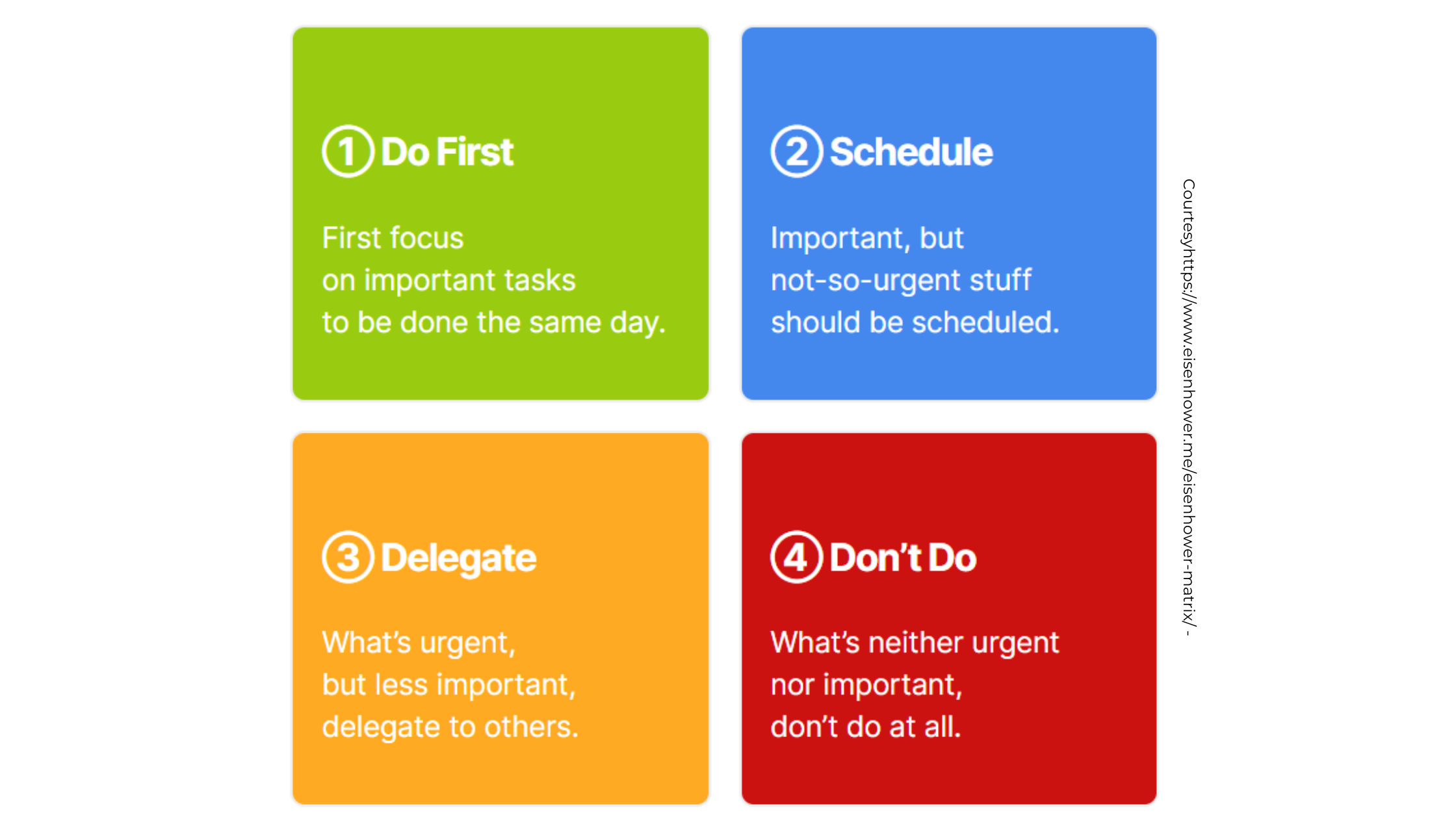Can I Complete A Degree From A Full-time College While Working Full-time In India?
Millions of Indians choose to start working before completing their graduation to support their families. As life progresses, they get married, families grow, and so do responsibilities and expenses. However, their career often stagnates, with no promotions or salary hikes. The primary reason? A lack of a graduation degree.
While opinions may vary, most people in this situation understand why they’re being passed over for promotions and pay raises.
Adding to this challenge, many large private recruiters have a negative perception of degrees obtained through distance or online education. This leaves professionals like you wondering: how can you pursue a full-time degree while balancing a full-time job?

Balancing a full-time job while pursuing a full-time college degree can be challenging, but it's definitely achievable. After speaking with numerous successful professionals and experts, I’ve realized that it is possible to juggle both responsibilities and still reach your ultimate goal of career growth. To help you succeed, I’ve outlined three key strategies that will guide you in completing your degree while maintaining your full-time job. These practical tips are designed to support your journey toward both academic and professional success.
Tip 1: Make the Most of Your Commute Time
With the pandemic winding down, many people who were working from home will soon return to commuting. If you live in Mumbai, Suburban, Thane, or Navi Mumbai, you’re probably accustomed to traveling by local train or bus, often spending 2 to 6 hours a day in transit. For some, driving is a part of the routine. This time, however, can be an excellent opportunity for learning and advancing your education. Here’s how you can make the most of it:
i. Choose a Convenient College or University
Opt for a college or university near your home or workplace that offers evening, weekend, or shift-based classes. Make sure you can meet the institution’s minimum attendance requirements, which are typically between 60% and 75%, depending on the course. A convenient location will make it easier for you to balance work and studies. If your college is far from both your workplace and residence, consider relocating or finding a job closer to your institution.
ii. Use Commute Time Wisely (If Traveling by Public Transport)
Prepare flashcards or notes while studying at home and carry them with you during your commute. If you're not sure how to organize your study materials, take a short online course on effective study techniques. Avoid wasting time on non-productive activities like aimless mobile browsing or casual conversations with co-passengers. Instead, use this time to review your notes and reinforce what you've learned.
iii. Maximize Learning During Drive Time
If you drive to work, use audiobooks to study while on the road. If audiobooks aren't available for your subjects, you can record key chapters in your own voice and listen to them during your commute. This is an excellent way to absorb material without taking extra time out of your day.
It’s helpful to connect with someone who is already balancing full-time work and a degree from a full-time college. Discuss their experiences, the challenges they’ve faced, and their time management strategies. This can provide valuable insights for your own journey.
Before enrolling in any program, ensure that your employer is aware of your decision to pursue further studies. Remember, the goal of earning a degree is often to achieve career growth, whether in your current role or through a job change. Make sure your degree and institution are recognized by your employer or any potential recruiters. Seek advice from your manager or HR department on these matters.
This leads us to Tip #2...
TIP 2 # KEEP YOUR BOSS IN THE LOOP
Unless you're the boss yourself, it's crucial to keep your manager informed about your study schedule. Most managers are supportive when they’re kept in the loop, so maintaining open communication is essential. Here are some things you should discuss with your supervisor:
i. Requesting Time Off for Study
Let your manager know in advance if you need specific times off for studying or attending exams.
ii. Adjusting Work Hours
Inform them if you plan to come in early or stay late to compensate for any study-related time off.
iii. Potential Schedule Disruptions
Make sure your boss is aware of any possible interruptions to your usual work routine due to academic commitments.
When I was working, I remember successfully keeping my HRD boss, Mr. Subodh Chandra Vagal, the then-Vice President, informed while pursuing my MBA. In fact, I even requested him to serve as my guide for my major project, and he graciously accepted. Another time, in 1999, during an event at Birla College in Kalyan, I asked another HRD head, Mr. Prashant Ahir, to guide management aspirants who were juggling work and completing their MBAs. During his presentation, Mr. Ahir, an IIM alumnus, predicted industry downsizing in the post-Y2K era—a foresight that became a reality over the next two decades. His insights were incredibly valuable to all of us, and it was an honor to have him share his wisdom on future management practices.
The lesson here? Always keep your supervisors updated when you're upgrading your qualifications. Not only does this help you in gaining their support, but it can also create opportunities for your college and fellow students to benefit from your professional connections.
Once your boss is on board, the real work begins. You’ll need to plan how to balance your work, studies, and personal life.
That leads us to Tip 3…
TIP 3 # Leverage the Eisenhower Matrix for Productivity
As you juggle work, studies, and personal life, using a proven productivity tool like the Eisenhower Matrix can be a game-changer. This method, also known as the Urgent-Important Matrix, helps you prioritize tasks based on their urgency and importance. It’s an excellent way to ensure that your time is spent effectively, eliminating distractions and low-priority activities. The matrix is divided into four quadrants:

Qd 1 # Urgent & Important (Do First)
These are tasks that must be done immediately, such as meeting deadlines or preparing for exams. Make sure these are your top priority every day.
Qd 2 # Important but Not Urgent (Schedule)
These tasks contribute to long-term goals but don’t require immediate action. For example, planning your study schedule or working on long-term projects. Block time on your calendar to complete these tasks.
Qd 3 # Not Important but Urgent (Delegate)
Tasks that are time-sensitive but don’t directly contribute to your main goals should be delegated, if possible. This could include administrative tasks or routine work that someone else can handle.
Qd 4 # Not Important and Not Urgent (Don’t Do)
These are distractions that neither add value nor require immediate attention. Avoid these tasks altogether, such as excessive social media browsing or unproductive conversations.
This method was developed by Dwight D. Eisenhower, the 34th President of the United States. Before his presidency, Eisenhower served as a general in the U.S. Army and led the Allied Forces during World War II. His ability to manage multiple responsibilities and make critical decisions led him to create this powerful framework for prioritizing tasks by importance and urgency.
By applying the Eisenhower Matrix to your daily schedule, you can eliminate unproductive tasks and focus on what truly matters. Whether it's planning your day, week, month, or even semester, this method will help you stay on track.
Final Thought:
Balancing a full-time job and pursuing a degree isn’t easy, but remember, this hectic phase is temporary. Involve your family, seek their support, and remind yourself that these efforts will pay off. By following these three principles, you’ll be on your way to achieving your degree while managing your career:
a. Make the Most of Your Commute
b. Keep Your Boss in the Loop
c. Use the Eisenhower Matrix for Productivity
For a helpful tool to implement the Eisenhower Matrix, check out Google Keep: https://keep.google.com.
Listen to our podcast below, and feel free to comment on your key takeaways from this blog. We wish you the best of luck in your studies and career growth!
